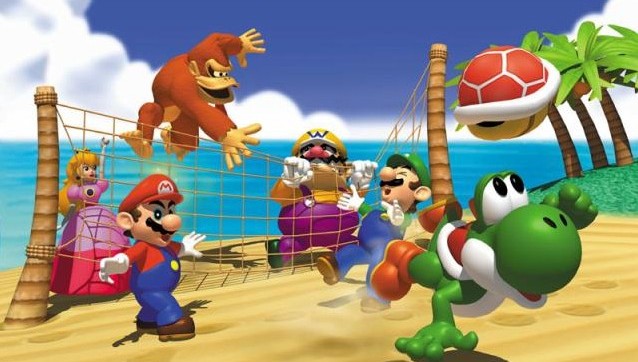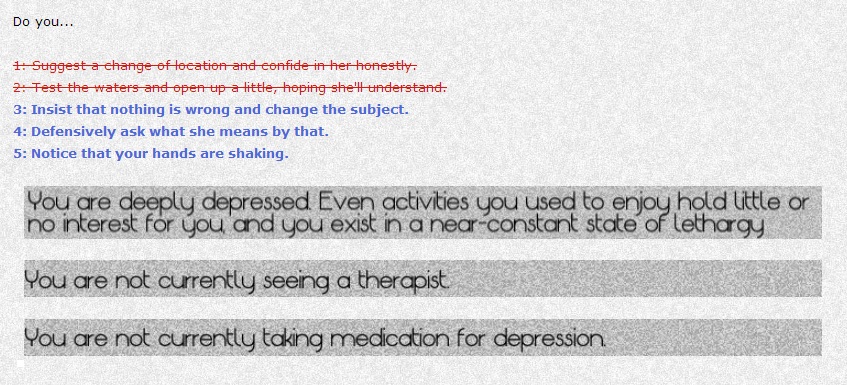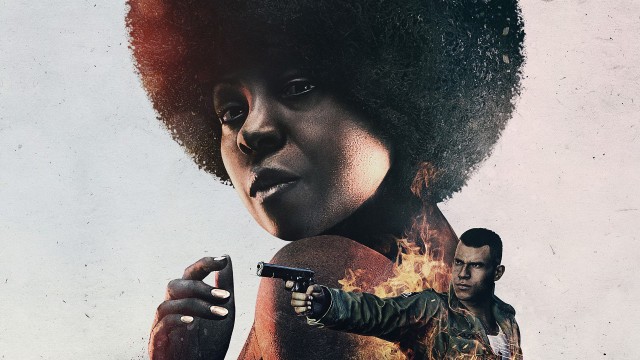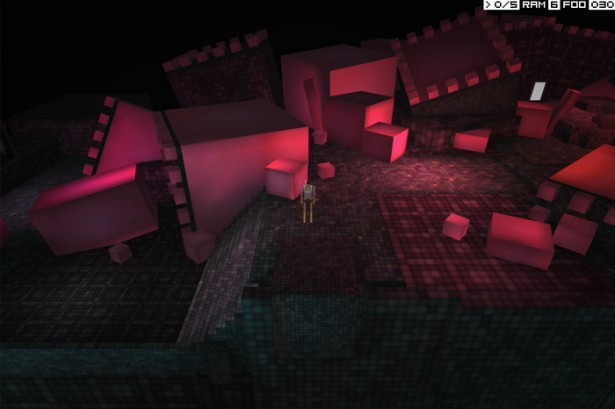Imagine two passionate music fans. They play their favorite albums and songs every chance they get; they read blogs, go to shows, buy merch, maybe even get some sweet tattoos. In short, the music they enjoy is so central to them that in many ways it becomes a part of their lifestyle. However, one of these fans is heavily involved in their local indie music scene, while the other is immersed in goth music and all its trappings. Given their different tastes, their expectations of their music (styles, themes, etc.) varies wildly. The way they speak to other fans, what they do at shows, and how they think about their music is different. They value different aspects of the music, different ways of approaching it, and different ways of engaging with it. Heck, they might not even get along if they met on the street. Do two music fans share a culture? Is there one big music culture heading that covers them both?
Jen’s recent post on casual games and how we define certain identities within gaming got me thinking about the broader idea of “gamer culture”. Increasingly I wonder- is there such a thing? Culture is a really complex concept, and difficult to define. In my courses we usually go with “a group of people with a strong sense of shared values, beliefs, and practices”, and while that’s a bit broad, it’s a good working definition. In my above example, the two music fans really only share one value (enjoyment of music- though not the same kind of music), they have virtually no shared beliefs, and they have shared practices only on the most generic level. They almost certainly dress differently, they use language differently, they want different things out of their ostensibly shared activity. In many ways I think this scenario is a lot like what we see in gaming today- “gamers” are as homogenous as music fans (which is to say, not atl all), and as such it’s difficult to think of what a gaming culture might look like or mean.
While the concept of an overarching gaming culture increasingly seems to me like one that doesn’t fit, I do find some usefulness in thinking in terms of imagined communities. The concept of imagined community was originally used to describe nationalism. While some communities are bound together by location, practice, or interest, imagined communities are bound together (in as much as they are) by each member’s active construction of the shared identity (in other words, their imagination of it). Certainly there are similar interests, symbols, and forms of identification that are used to help create the boundaries in any given individual’s mind, but these are extremely variable and, again, more related to the individual’s conception of the imagined community. The affirmation of these communities often comes from both interactions with other assumed members and from the various media we consume that reinforce the community idea.
So what’s the essential difference between a potential “gaming culture” and many idiosyncratic imagined communities of gamers? Well, to begin with, I’d argue a culture requires much more in the way of shared values. Heck- we can’t even get people to decide if they want to be called gamers or not! =) Sure, there are disagreements within any cultural system (which Type O- album is the best?), but (like our two music fans) I’m not sure I see much more than a shared appreciation for gaming in the broadest possible sense amongst broad swaths of gamers. The idea of imagined communities works better for me for two important reasons. First, imagined communities are fluid and contextually-dependent. WoW pvpers is an imagined community- even though I can’t even fathom how many of them there are I have a good sense of their similar interests, the language they use to convey specialized ideas, their actions and practices, and I think with only a limited amount of information I could recognize another player in that “in-group”. More importantly, however, imagined communities are just that- imagined. They’re dependent on our own perceptions of them rather than on any external force. My definition of WoW pvpers is mine, and based more on my own experiences and identity position than it is on a stricter, more clearly defined set of criteria.
What’s the point of all this? Well, it’s not relativism, if that’s where you’re worried this is going. There are major structural issues in gaming, both on the development end and in the final products, and deciding that we’re not just one big shared culture doesn’t change that fact. Further, while you certainly can have imagined communities based on sexist, racist, classist notions (I’m looking your way, various creepy subreddits), that doesn’t mean that you should or that you aren’t negatively impacting those around you by doing so. I do wonder, however, how it would change the types of conversations we had with each other and about gaming if, instead of thinking about one broad and overarching culture, we thought instead of contextual/subjective imagined communities.




